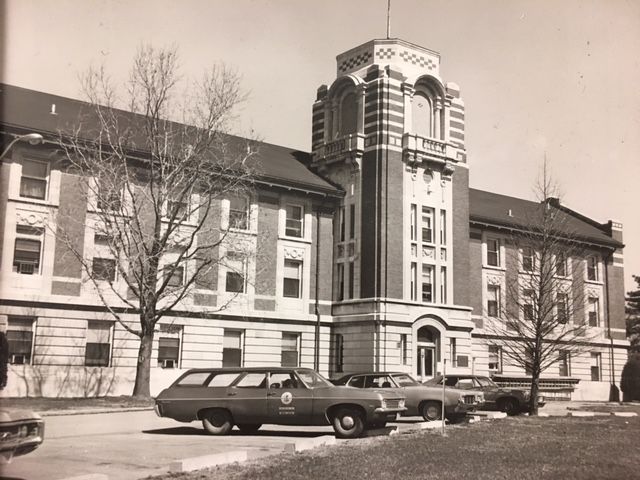
Sense of History
Let us presume for a moment that the Filipino individuals do exist as one homogenous body and the life of that body is mirrored in its background. Therefore, the educator of that background tells us that the reason we ought to study background is: to recognize the present and also plan for the future, one must learn from the past; as well as recently, we are informed of a “history from below”, “history of the inarticulate” or “history from the viewpoint of individuals”-a history of the body from the perspective of the body.
This is as far as subjectivity goes, equally as our very own greybeard Teodoro Agoncillo proudly declared, though one questions if the subjectivity is on the side of the people-if ever before there is one, for this is simply a presumption-or is it on the side of the greybeards of Manila, who due to the fact that they lie in the abstract facility of the Philippines also really felt that their historic consciousness is the concrete center of any type of historic understanding.
The joyous instructor of background then plays the duty of the umalohokan, a trainer and not an educator (nobody likes to educate anymore under this “education from below”), a mere microphone in the existence of greybeards-that is the “authorities” of the Philippine historical custom who claim as an issue of satisfaction some transcendental wisdom learned from extensive researches. Like Hegel, and also not remarkably like Hegel for a number of the supposed Filipino intelligentsia treasure Hegel without recognizing him, these “authorities” of Philippine history see themselves as products of the historic system of the world procedure.
The issue nonetheless is whether such a body exists past the abstraction of our feeling of background, or if the Filipino people as well like our greybeards-and contribute to that the Bangsamoro-are absolutely nothing greater than imaginary ghosts emerging from the carcass of the “inarticulate” or the stench “from below”? Our instructors can openly announce, and also announce with a specific level of psychological disappointment, that the Filipino individuals lack historical awareness.

What is the distinction between the people after that as well as individuals currently in regards to analyzing the past? Absolutely nothing! And also yet we are to put at the altar of the world spirit their viewpoint, their inarticulation, as well as their fear for the actual intelligentsia that are placing them at heights they themselves can not attain if they are to depend just on their weak plastic power.
And also what of these “Filipino individuals”? This is what I propose: that the people were given birth and received their death-blow in the Philippine Transformation of 1896, beyond which individuals exist merely as an abstraction absolutely nothing more and also nothing much better than the text inside any kind of file. Absolutely, the Filipino is a contemporary principle because it appreciated its coming to be in art and also faith, hurting and also grief, in torment and celebration-that is, in experience as well as in life-only to be hidden as a result of an excess of a feeling of history, the sense of the area, the provincial sense, the sense of origin-that is, the feeling of “where I came from”. Henceforth, it ended up being post-modern: “there is nothing outside the text”.
For free educational resources, kindly read this post to learn more.
